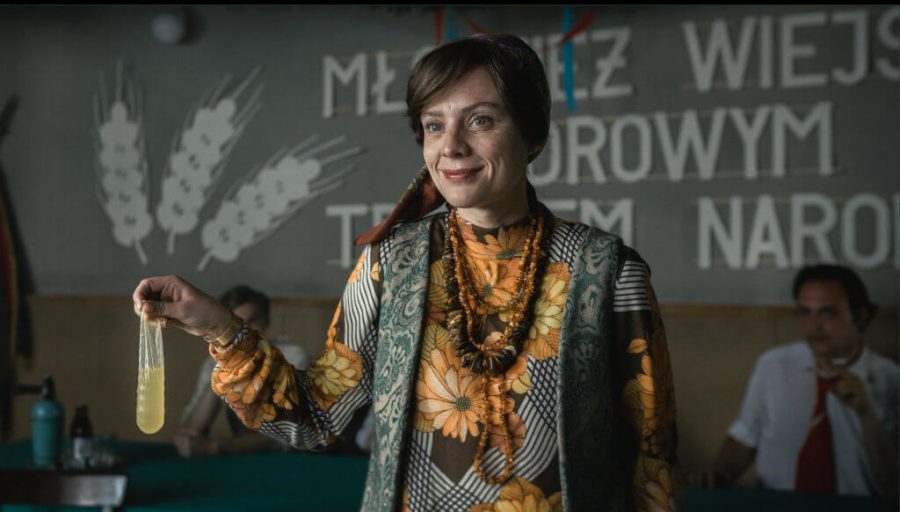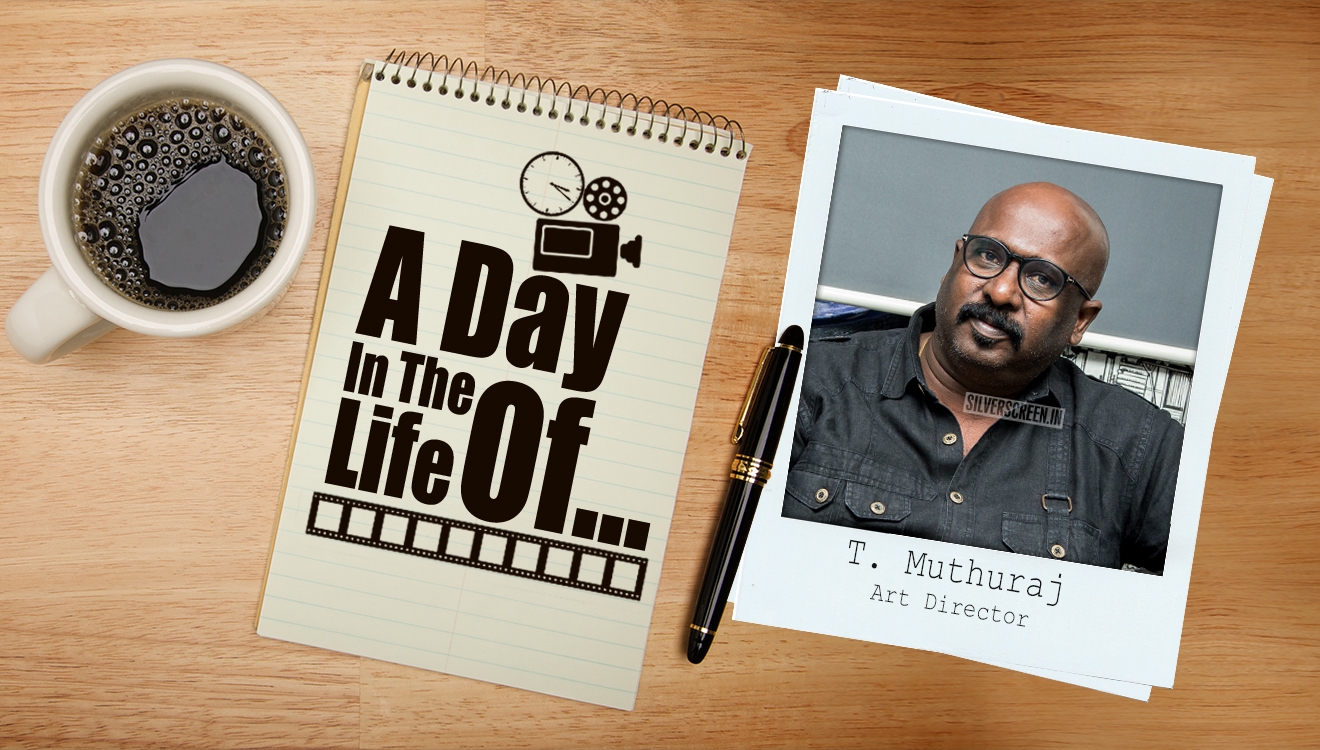In the Polish film The Art of Loving, one of the initial scenes opens to an austere room with two smug looking suits listening to a woman convincing them why it’s important to publish her book. Wearing floral prints, almost like that of curtains, the woman explains that so far all books on sex have been written by men. The USP of her book is the author’s gender. When told that her book is absolute filth, she makes a pitch for female sexual desires. But the men brush it aside saying it’s pushing too far. The meeting obviously ends acrimoniously. The agitated woman asks one of the men, “Where are you from?” When he replies, “Warsaw,” the woman retorts, “You are from a vagina.”
The woman is Dr Michalina Wislocka (played by Magdalena Boczarska), a famous gynaecologist and sexologist in Communist Poland. The film revolves around her struggle to publish her book, a guide to improve sex life, which paved the way for more open discussions on sex and family planning in Poland. Set in the late 1970s, the patriarchal barriers faced by Dr Wislocka is very relevant to present day India. Last year, former chairperson of the Central Board of Film Certification, Pahlaj Nihalani had refused to certify Alankrita Shrivastava’s Lipstick Under My Burkha for being “lady-oriented”. The film explored female sexuality by narrating the stories of four women of different age groups and social strata. Nihalani had said,“We’ve no objections to women wearing lipstick under a burkha. But the film shows these women doing unmentionable things. If some sections think this is progressive behaviour, gender equality and women’s empowerment, then I pity the generations to come.” While the Indian society loves to worship its women, put them on a pedestal, it is yet to embrace female sexuality and desires. The act of sex is still viewed as a means to procreate. It is imposed on women early on that sex is not for pleasure but merely a process to conceive. And, it is this very mindset that Dr Wislocka fought against a few decades back.
While she went pillar (the Cultural Ministry) to post (the Church) trying to get her book published in its entirety, she was also teaching women the pleasure of orgasm, safe sex and contraception. One of her main contentions to publish the book was to bring down the illegal abortion rate and establish a culture of sexual liberation. In the film’s one cathartic yet funny moment, the censor board is ready to publish, but they have a condition: Remove the chapter on orgasms. She could have had the deal, but the feisty doctor storms out saying, “There is no Art of Loving without orgasm.”
Recommended
What happens to a woman who freely talks about sex? Her personal life is scrutinised, judged and ripped to shreds. In flashbacks, the film shows the sexual experimentation that the doctor had done in her personal life. Her open marriage with her husband and her best friend, and her affair with a married sea Captain are held against her book. While she battles it out with the gatekeepers of patriarchy, her patients clandestinely release the manuscript to the public. Since then, the book has been re-printed multiple times in multiple languages.
The #MeToo and #TimesUp movements have given ordinary women strength to talk about harassment and misogyny that have been normalised in the patriarchal set-up. But, there is a long way to go for some actual change to happen. Dr Michalina Wislocka’s refusal to conform to societal norms is inspirational. It is an invigorating tale of the liberation of a sexually repressed society. At the end of the film, when she is asked whether the book was based on her personal experiences, she says, “A blind person cannot write a book on colours.”
The Art Of Loving can be viewed on Netflix.
Watch the trailer:
*****



